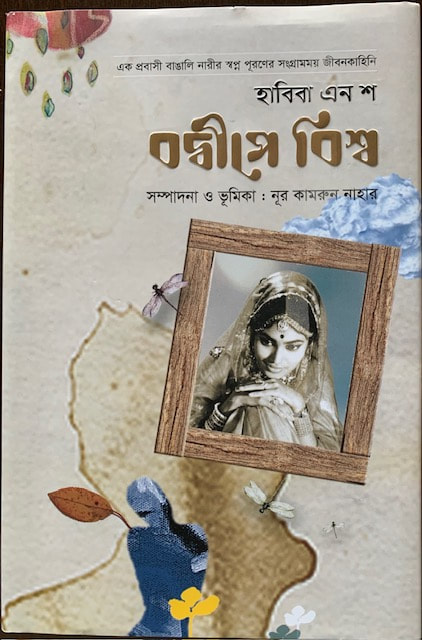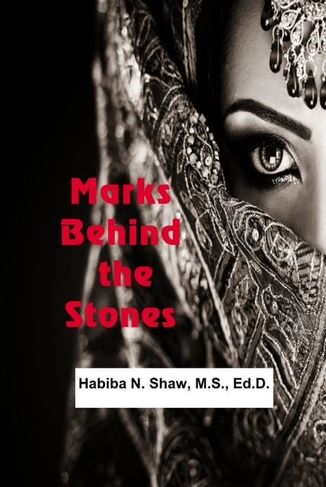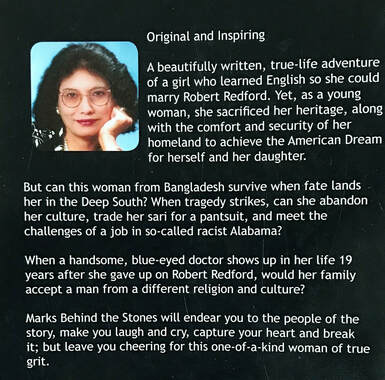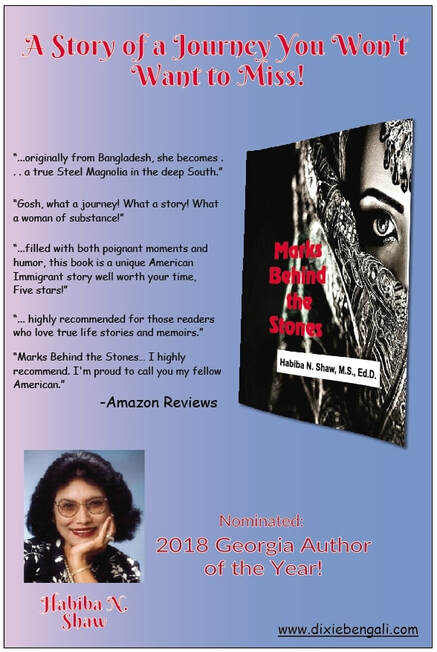Earlier this year, after years of effort, I was able to publish Marks Behind the Stones fully translated in Bengali. The Bengali title is বদ্বীপে বিশ্ব (pronounced “BaDweepe Bishwa”) which roughly translates to “Woman (from the Island of the Deltas) Touches the World.”
Available for purchase now:
Just click on the book cover below!
amazon.com/author/habibanshaw



